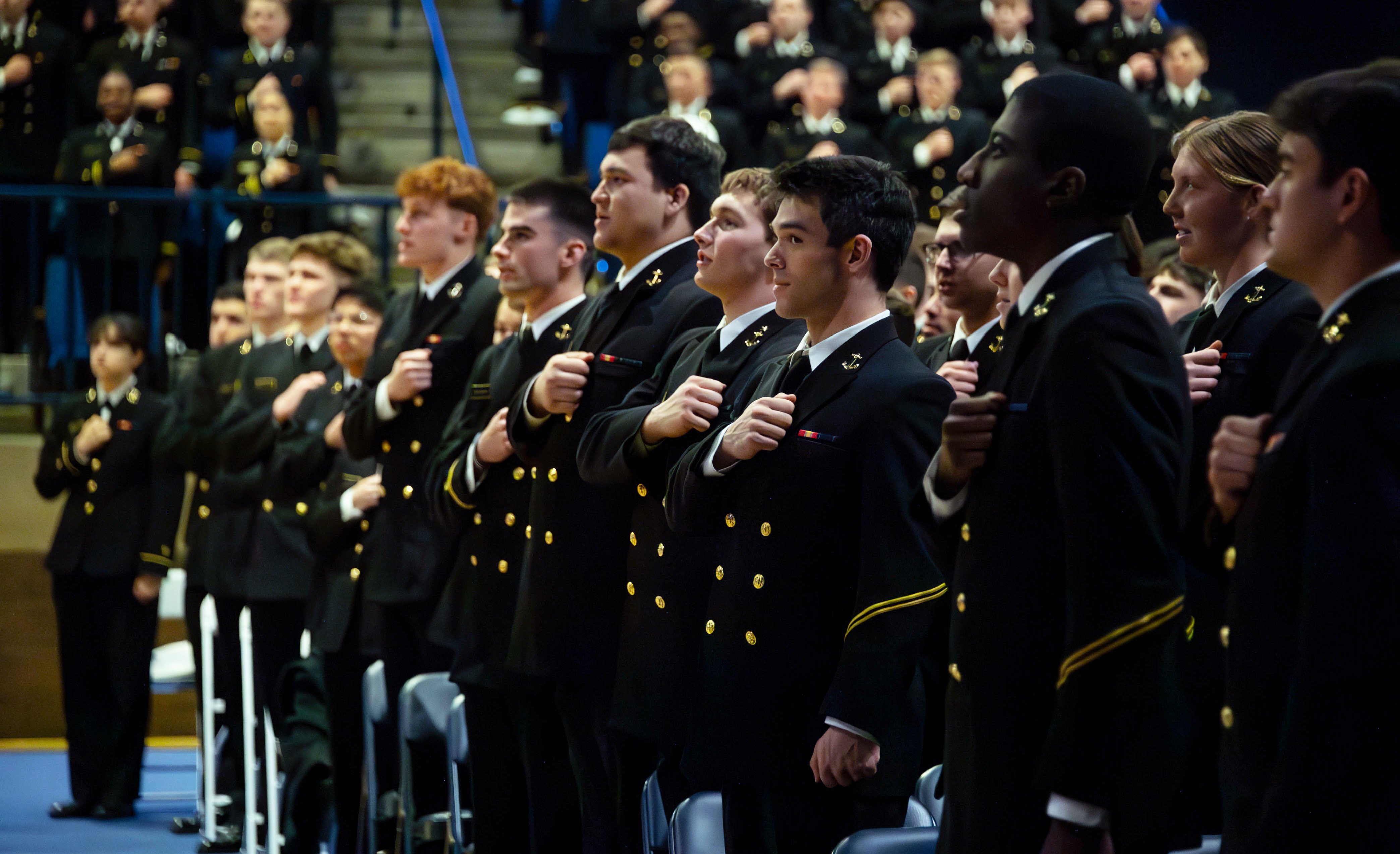At the core of the Navy’s strategic edge is its ability to gather, analyze, and protect information. As the most technologically advanced naval force in the world, the U.S. Navy relies on timely, accurate intelligence to stay one step ahead. And that’s where Navy intelligence officers come in.
From high-tech satellite feeds to boots-on-the-ground human insight, these military intelligence officers are the Navy’s watchful eyes and analytical minds. Their work is complex, confidential, and absolutely crucial to keeping our sailors, ships, and nation secure.
So, what does it take to become a Navy intelligence officer—and what exactly do they do? Let’s dive in.
What Is Navy Intelligence?
Intelligence—or “INTEL” in Navy lingo—is part of the Information Warfare Community (IWC), a group of specialized officers who use data, technology, and strategy to gain the upper hand in every conflict. The IWC includes:
- Meteorology and Oceanography Officers (METOC)
- Cryptologic Warfare Officers
- Information Professional Officers
- Cyber Warfare Engineers
- Intelligence Officers
Within that community, the intelligence officer has a unique and vital mission: to understand the capabilities, motivations, and vulnerabilities of our adversaries. With about 1,600 Navy intelligence officers in the force, this Restricted Line community focuses on deep analysis, predictive assessments, and secure dissemination of sensitive intel.
Their mission? “Know your adversaries.” And they mean it.
Related: Service Assignment Spotlight: Navy Surface Warfare Officer
What Makes a Great Intelligence Officer?
A Navy intelligence specialist isn’t just smart—they’re strategic. They don’t just collect information; they connect the dots. These officers operate using a few key principles that guide every mission:
1. Counter the Enemy’s Operational and Information Security
The key to foreknowledge of the enemy and its intentions is deep access into each target to gain reliable insight. To achieve this end, they aggressively pursue a wide range of traditional and non-traditional operations.
2. Excel in All-Source and Predictive Analysis
Their ability to provide forward-leaning, all-source assessments to influence and drive action is one of their most valued contributions to national security. The context, nuance, and insight provided by their deep expertise in regional, technical, and functional areas is what separates intelligence from mere information.
3. Understand and Communicate the Threat
They must provide commanders with a deep and comprehensive understanding of the threats facing our Navy and our nation. They must remain abreast of emerging technologies and intentions, as well as the most significant security challenges facing our nation.
How Do You Become a Navy Intelligence Officer?
It will come as no surprise that this is one of the most competitive USNA service assignments available.
After graduating from the U.S. Naval Academy, selected midshipmen head to Virginia Beach, Virginia, to begin their training. The path includes:
- Information Warfare Basic Course (IWBC)
- Naval Intelligence Officer Basic Course (NIOBC)
Over 23 weeks, they build the foundational knowledge to succeed in any intelligence setting. Then, they head out for a two-year assignment with an aviation squadron, carrier strike group, special warfare unit, or as part of another high-stakes environment.
During this tour, officers complete the Intelligence Officer Qualification Program (within 18 months) and the Information Warfare Officer (IWO) qualification (within 24 months). It’s fast-paced, immersive, and essential training for an impactful career.
Related: Career Opportunities for USNA Graduates
What Does a Navy Intelligence Officer Actually Do?
A Navy intelligence officer may find themselves just about anywhere—from analyzing satellite imagery in a command center to briefing a Navy SEAL team before a mission. Generally, they’ll serve at least three sea/operational duty assignments within a twenty-year career, including these areas of assignment focus:
- Operational Intelligence: Deliver real-time threat assessments and intel briefings to commanders, decision-makers, and operators.
- Targeting: Identify and appropriately prosecute enemy targets.
- Intelligence Support to Special Ops: Support special warfare through all levels of war.
- Human-Source Intelligence: Perform face-to-face information collection, a challenging discipline.
- Collection Management: Manage the prioritization of requirements and the tasking of intelligence resources.
- Scientific and Technical: Participate in analysis of foreign weapons systems.
- Civil Maritime Intelligence: Monitor and analyze maritime activities that threaten national security.
- Combatant Command Staff Officer: Develop plans, manage programs, and produce supporting documents.
- Attaché: Support theater engagement and cultivate regional and language expertise.
In short: If there’s a need to know something about a potential threat, a Navy intelligence officer is already on it.
Related: Service Assignment Spotlight: Navy Pilot and NFO
Where Intelligence Officers Begin: The Naval Academy
The United States Naval Academy plays a critical role in shaping tomorrow’s leaders in military intelligence. Through rigorous academics, leadership training, and mentorship, midshipmen interested in becoming intelligence officers start developing their analytical mindset and mission-first focus early on.
When you support the Naval Academy—whether by booking a USNA tour, shopping at the USNA Gift Shop, or grabbing a latte at 1845 Coffee—you’re helping to prepare these future officers. Proceeds from the Naval Academy Business Services Division (NABSD) go directly toward programs that enrich midshipmen life, including extracurriculars like the arts, music, theater, and club sports.
Your Visit Does More Than Explore History: It Helps Make It
Behind every successful Navy operation, there’s an intelligence specialist who connected the right dots, predicted the right move, and shared the right insight at just the right time. As the digital battlefield grows more complex, the role of the Navy intelligence officer only becomes more vital.
If you’re a midshipman considering your service assignment—or a curious visitor exploring what life at the Academy is all about—know this: INTEL is where analysis meets action. The Naval Academy is proud to help launch these critical thinkers into careers that protect our Navy, our nation, and our future. Make history. Join us!
-1.png)










